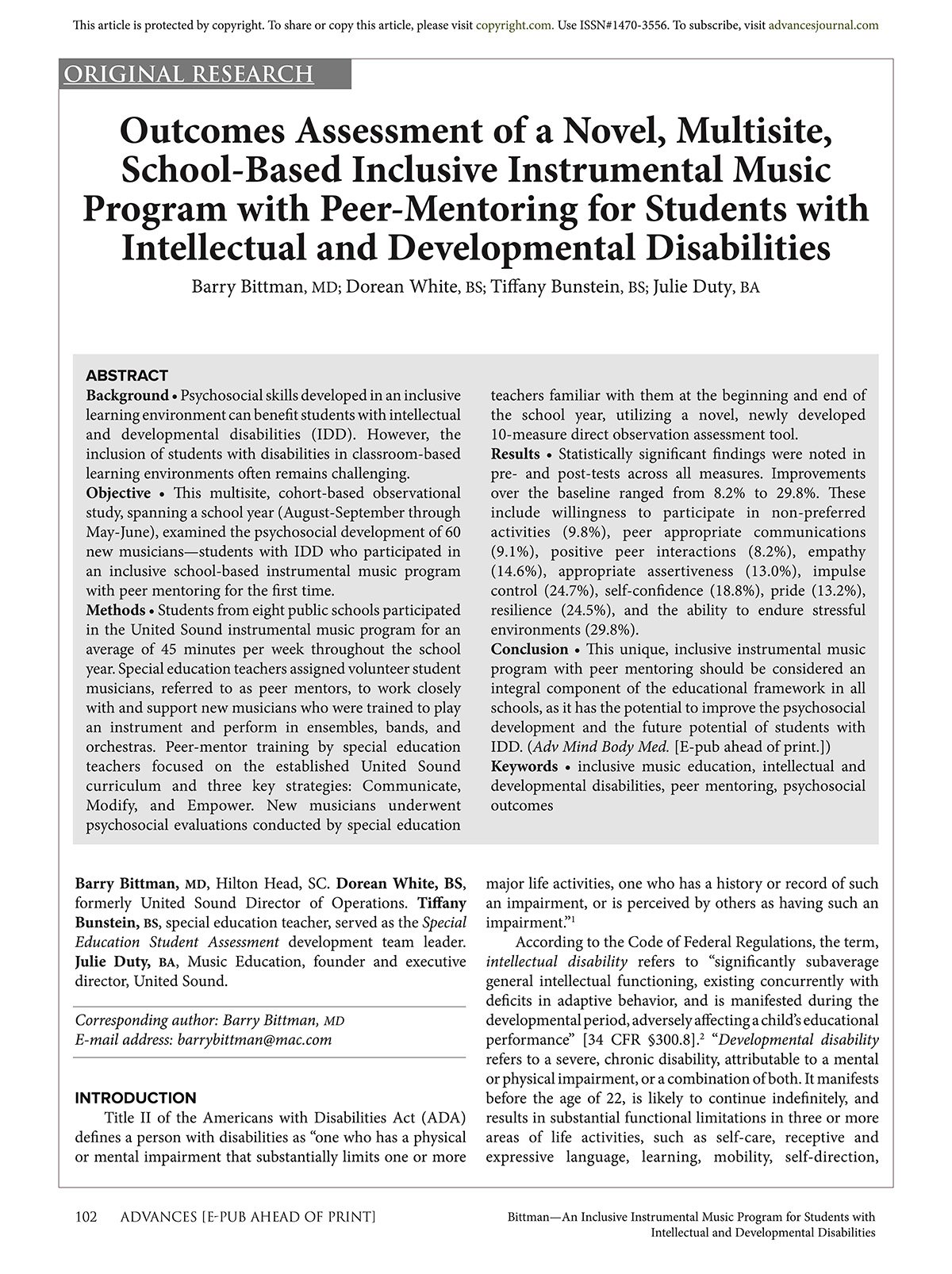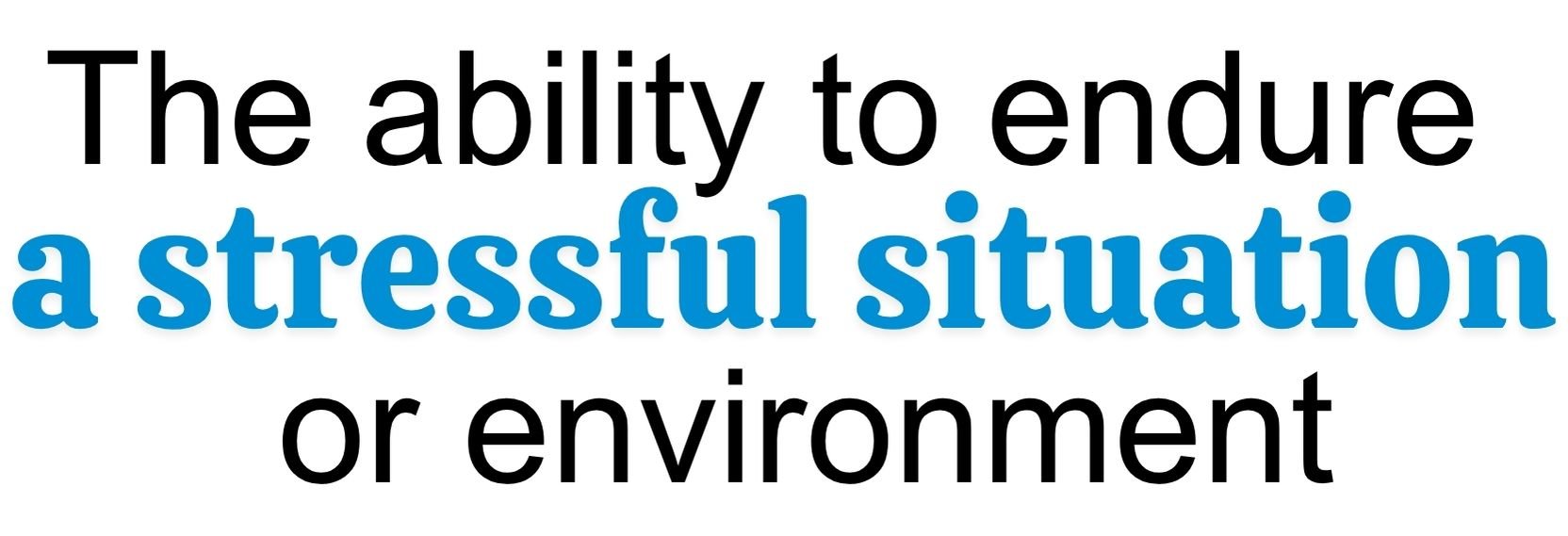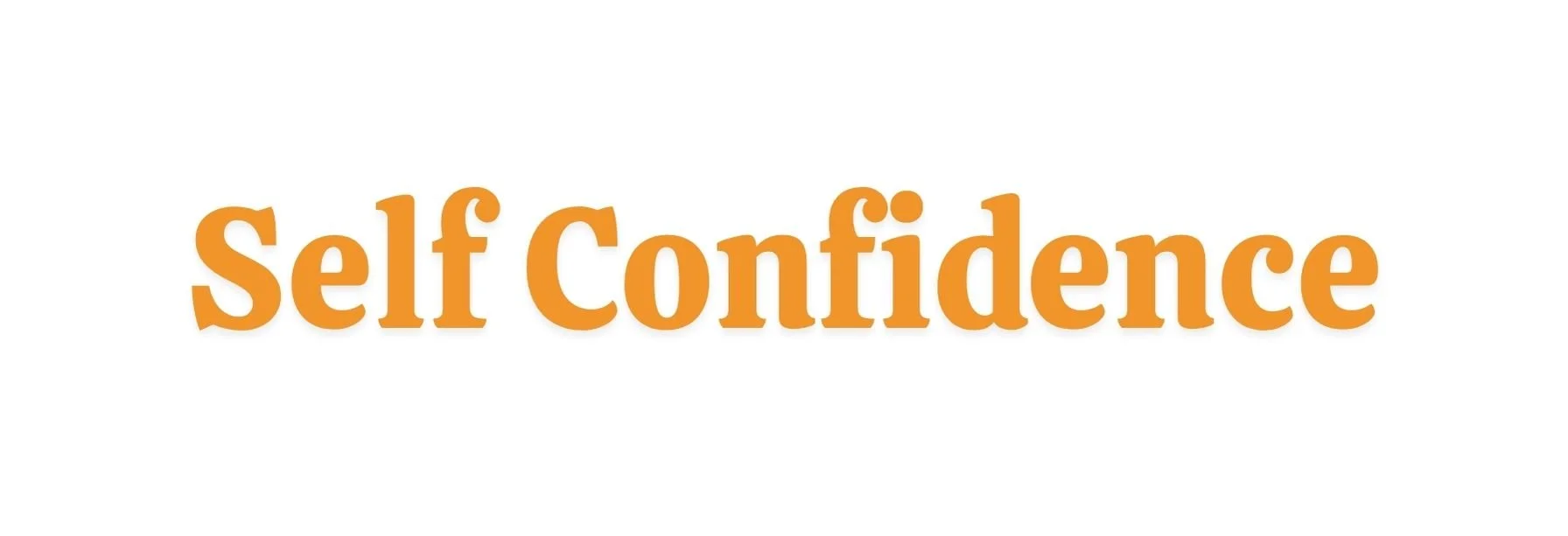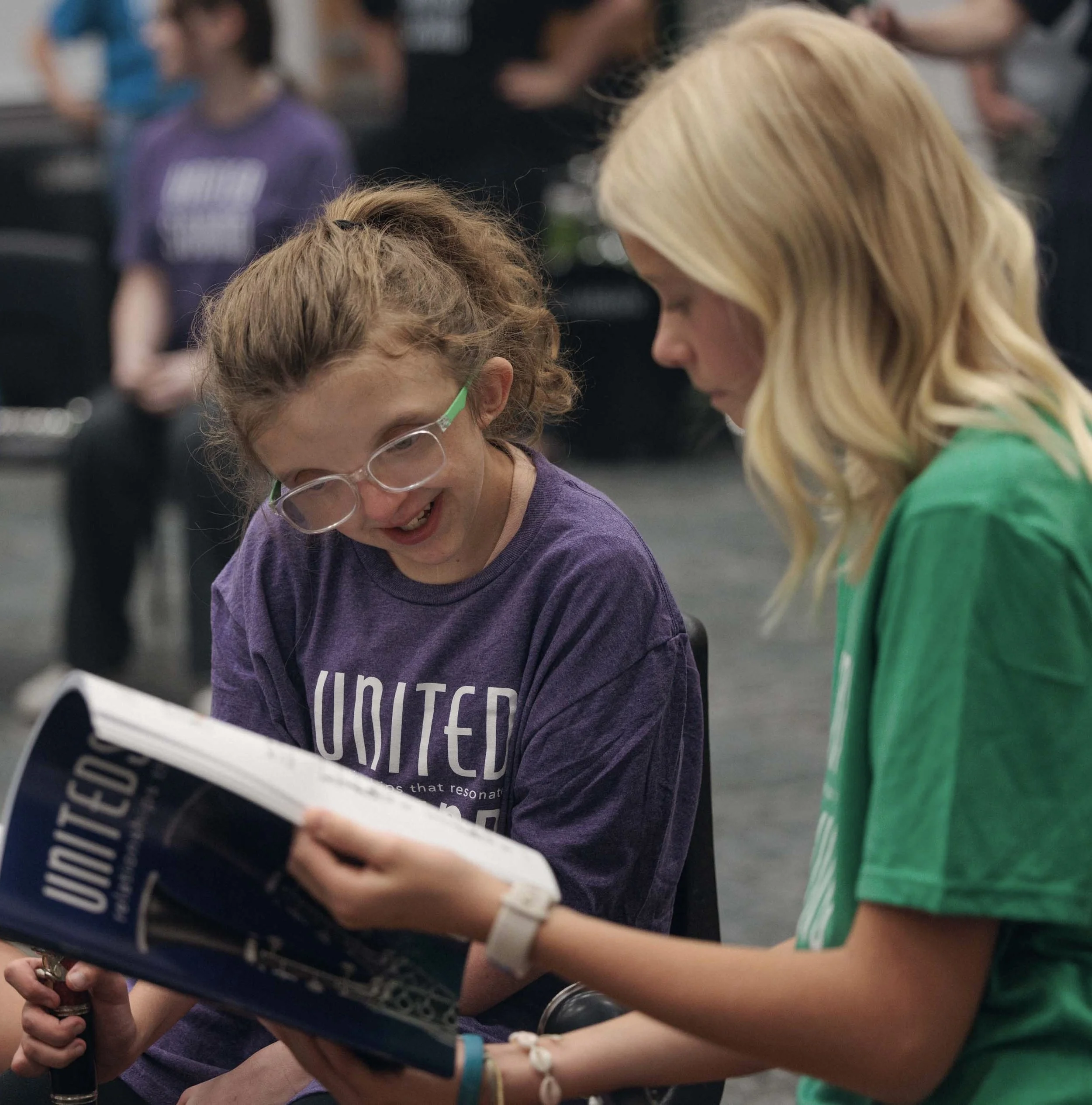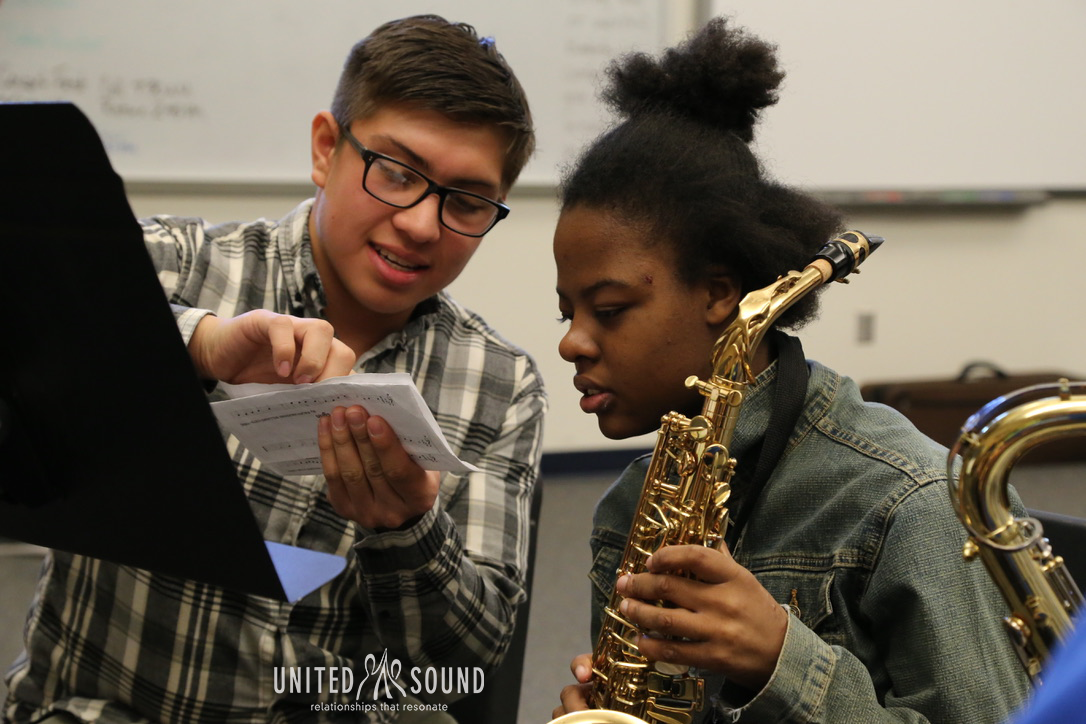
Research
Outcomes Assessment of a Novel, Multisite, School-Based Inclusive Instrumental Music Program with Peer-Mentoring for Students with Intellectual and Developmental Disabilities
We’re thrilled to share the results of a longitudinal research investigation published in Advances in Mind-Body Medicine (ADVANCES, Winter 2026, VOL. 40, NO. 1) which examined the psychosocial development of 60 New Musicians—students with intellectual and developmental disabilities—participating in United Sound for the first time.
Students from eight different schools underwent psychosocial evaluations by special education teachers familiar with them at the beginning and end of the school year, utilizing a 10-measure Special Education Student Assessment (SESA) tool, which was designed by our team of special educators in multiple schools.
Improvements in all 10 SESA measures were noted for New Musicians rated at the beginning and end of the school year.
To learn more about the assessment tool, click here.
The “p value” (the last column in the table) is an important measurement for researchers. This number represents the probability that the findings did not occur by chance. The lower the p value, the better.
A p value of < 0.05 is considered “statistically significant.”
The p values for all 10 measures far exceeded that which is required for statistical significance.
Click here for a screenreader description of the table
This novel, multisite, longitudinal school-year study is unique in that it clearly demonstrates statistically significant improvements across multiple key psychosocial measures, as rated by special education teachers familiar with the New Musicians in multiple schools.
Click here for a screenreader description of the graph
Our findings demonstrate statistically significant improvements in life skills across the board. While growth at this rate is almost unheard of in just one year, we recognize that the combination of friendship and music making is life-changing. Additionally, the chaotic and noisy environment of a music room is exactly the right place to develop these critical skills!
Click here for a screenreader description of the graph
Skills like self-confidence, resilience, impulse control, and the ability to endure stressful environments, which improved in this study, are recognized predictors of successful employment and independence for individuals with disabilities.
Statistically significant improvements in the ability to endure a stressful situation or environment (pre- and post-improvement = 29.8%, p< 0.001) are indicative of student performance in new or challenging situations, in front of others, or when uncomfortable. This measure, which is closely associated with resilience, is shaped by the development of personal strength, supportive relationships, and adaptive coping strategies.
Impulse control (pre- and post-improvement = 24.7%, p< 0.001) is considered a key element in developing successful social interactions in students with disabilities. Special education teachers are keenly aware of the need to maintain impulse control, including the ability to stop, think, or listen to instructions, while exhibiting non-disruptive behavior. As many students with disabilities experience difficulty regulating their emotions, improving impulse control through caring interactions in an inclusive instrumental music setting can foster success.
Improvements in resilience (pre- and post-improvement = 24.5%, p< 0.001) reflect the ability to continue in situations that seem uncomfortable or to persevere after a perceived failure. It also reflects navigating in a world that is not designed to accommodate their needs. Resilience arises from a combination of internal strength and a supportive environment.
Statistically significant improvements in self-confidence (pre- and post-improvement = 18.8%, p< .001) were also observed. Special education teachers are keenly focused on observing a can-do attitude, reflective of a positive belief in one’s capabilities. Progressive development in self-confidence is a key element of social integration. Students with disabilities are often challenged to develop a sense of self-belief, embrace their strengths, and navigate life’s challenges with resilience.
“Paris is a student who has big emotions. Her createst motivation is to be among her peer mentors. Their friendship is very important to Paris and the affirmation she gets from her involvement in United Sound can not be overstated. Two areas of growth that United Sound can directly be credited for in Paris' life have been growing confidence and overcoming disappointment/resilience. When Paris began in United Sound she would cry if any of her peer mentors were absent. She could not manage her disappointment in not seeing them. Over time, she learned that a peer's absence was just a part of life and that she would get to interact with new people if a "regular" peer was gone. Paris' concert experiences were, for two years, a source of stress and lots of crying. Her nerves would take over and she would sob throughout her performance. Over time, and with the encouragement of her peer friends, Paris was able to perform her senior year without crying(!). Paris was even able to be a part of a collegiate United Sound experience this year. She got to make new, college, friends - and she didn't cry at the concert.”
-Tracey Weirch, United Sound Special Education Teacher
Bidirectional benefits, enhancing the growth of both mentors (student volunteers from general education music classes) and new musicians, were noted. Mentors reported that the experience deepened their empathy, patience, and appreciation for diversity. Several described it as transformative, noting they became “more inclusive people” both at school and at home.
“This program has made me more patient, understanding, and open-minded. At school, I find myself more supportive and encouraging of others, even outside of music. At home, I’ve become more grateful for the little things and more aware of how important it is to be kind and inclusive. It definitely made me a better person overall.”
-United Sound Peer Mentor
Heartfelt appreciation is extended to Barry Bittman, MD, for leading this transformative journey and equipping our organization with the scientific evidence that brings our inspiring stories to life.
This study was funded by a generous grant from the Yamaha Music and Wellness Institute, a 501(c)(3) non-profit organization.
